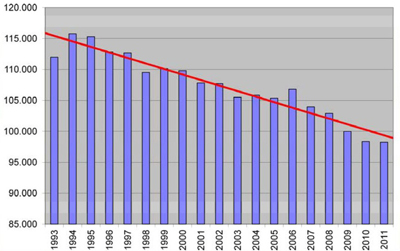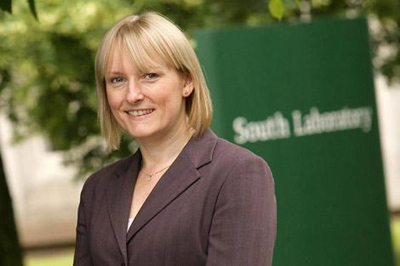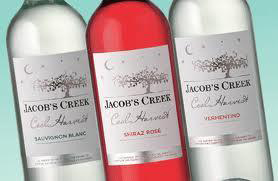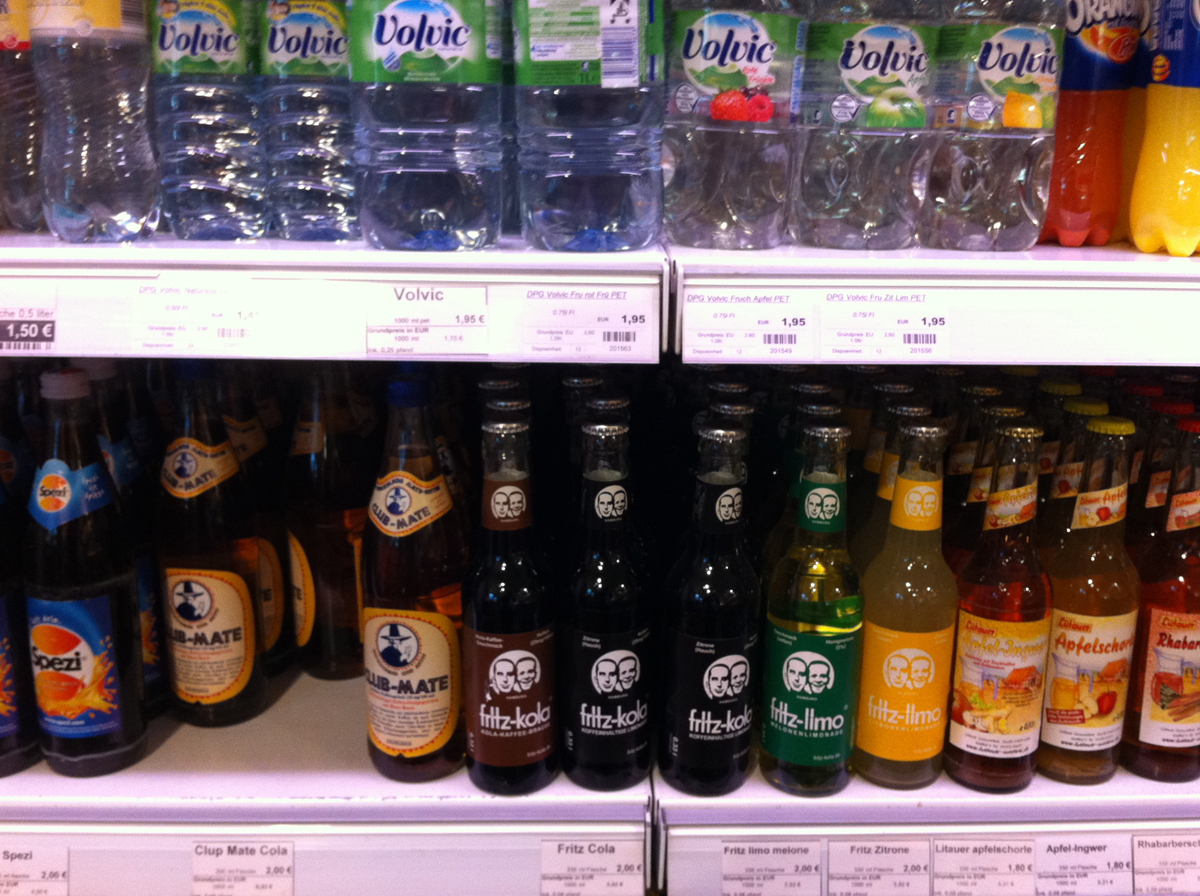With a sales increase of 2.2 percent to 22.1 million hl Bavarian brewers did significantly better in 2011 than brewers in the rest of Germany, not least because they managed to rev up beer exports. Nevertheless, their best efforts could not stem a further decline in German beer sales which dropped 0.1 percent year-on-year, the Bavarian Brewers Association reported on 7 February 2012.
After almost 35 years of service with SABMiller, Professor Barry Axcell, Group Chief Brewer, will retire from the company at the end of July 2012. SABMiller announced on 8 February 2012.
Haven’t we seen this before – a small business losing out to big business? On 1 February 2012 the founders of Bionade, Germany’s eco-soft drink label, sold their remaining 30 percent stake to food giant Dr Oetker, a EUR 2 billion food company best known for cake mixes and frozen pizzas.
AB-InBev are not the only one to adjust (read: lower) the alcohol content of some of their products. As of February 2012, one of the major Australian wine brands, Jacob’s Creek, has introduced a range of four wines with lower alcohol contents: sparkling or still sauvignon blanc, vermentino, and shiraz rosé, which sit between 9.5 percent and 10.5 percent ABV. The wines are sourced from vineyards noted for lower sugar levels at early ripeness with grapes picked in the early hours of cooler nights.
At the height of Bionade’s success, you could be forgiven for thinking that Germany’s youth had seen the light: they could enjoy a soft drink while saving the planet. Bionade was politically correct, environmentally friendly, almost healthy (well, it was still a soft drink) and ultra cool. After all, Bionade had put mortal fear into Coca-Cola’s executives that they launched their own healthier version of a soft drink called The Spirit of Georgia in 2008.
The CEO of Carlsberg, Jørgen Buhl Rasmussen, will deliver the keynote address at Canadean’s 8th International Beer Conference, being held in Copenhagen on 29 and 30 May 2012.
As of 1 March 2012 Carlsberg has appointed Benet Slay, formerly Managing Director Northern Europe for Diageo, as its new CEO for Carlsberg UK.
It’s nice to see that one’s advice is occasionally taken up. A few years ago we wrote that perhaps AB-InBev should employ some bloggers to give Mr Brito’s malicious U.S. critics a good run for their vitriol on the internet. In early January 2012 UK media found out that AB-InBev had attempted to do just that.
AB-InBev is to cut the alcohol content of their Stella Artois, Budweiser and Beck’s brands in a move to offset escalating duty costs.
Stranger things have happened. Many still wonder why AB-InBev has purchased Budejovicky mestansky pivovar (BMP) from Czech brewer Pivovar Samson, the smaller of the two Budweiser breweries located in the town of Ceske Budejovice, in December 2011. Will AB-InBev put the BMP brand Budweiser Bier to sleep for good or will they use it as a fighting brand in export markets which are dominated by Budweiser Budvar? In any case, the deal between AB-InBev and Czech brewer Pivovar Samson settles one of the two trademark disputes AB-InBev has been embroiled in for over a century.






